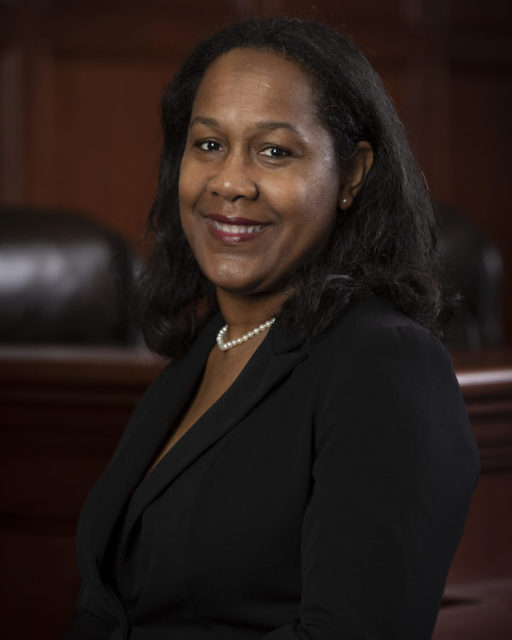Gerry W. Beyer’s Will Contests-Prediction and Prevention starts with a discussion of reasons to anticipate a will contest. He points out society has come to accept nontraditional families as a societal norm and yet the likelihood of a will contest increases when a decedent makes bequests that pass outside of what we define as a traditional family. Thus, for example, from a planning standpoint the best option for a testator involved in a same-sex relationship is to create a will because the intestacy laws will not make provision for the surviving partner. The article points out that even when the testator plans in advance, the likelihood of this will being challenged by a blood relative is much higher than when bequests are made to traditional family members.
Professor Beyer points out that historically, no-contest clauses have been used as a weapon to deal with the potential threat of a will contest. Even so, Professor Beyer points out that no-contest clauses are becoming less reliable as a deterrent because enforceability may be called into question. With that in mind, Professor Beyer offers an alternative solution — an incentive not to contest the will: In exchange for not challenging the will for a period of 2 years after the date of death, the beneficiary would receive a gift. Such a provision may be especially valuable for states where no-contest clauses are not enforceable.
Professor Beyer also suggests the use of technology to provide “will insurance.” We’ve seen countless television shows where a decedent leaves a “video will.” I certainly cannot think of a circumstance where I would suggest that a client make a video will alone, although videotaping the execution ceremony is quite different. Certainly if a testator’s capacity may be called in to question a video could provide “will insurance,” but even in circumstances where competence is not questioned the testamentary intent may be established by use of statements made by the testator contemporaneous with the will execution. When properly done, the video execution could provide evidence of the adages estate planners and professor use frequently, such as the testator understanding the natural objects of his bounty, understanding the nature and extent of his property, understanding the disposition of his property under the will, and so on. The bequest to a same-sex surviving partner has more protection when supported by video evidence, but it still has inherent risk.
Professor Beyer also provides suggestions regarding witnesses to the will. The article is written in the context of an anticipated will contest. Thus it discusses the importance of the witnesses’ role in the execution process. In many cases, witnesses are persons who happen to be in the right place at the right time. They tend to have no personal relationship to the testator and can only testify about the testator’s demeanor at the time of the execution, if they remember. However, as Professor Beyer points out, if witnesses were specifically chosen with a will contest in mind, the witnesses could be much more useful. If attorneys chose witnesses who were personally acquainted with the testator, these witnesses are more likely to remember the execution and have a frame of reference to testator’s intent and capacity on the date of execution as well as a prior time when it is uncontested that testator had such capacity. In addition, it would be much easier to locate witnesses with whom there is a personal relationship in the event their testimony is required.
I highly recommend this article to academics, and to transactional attorneys as well as litigators. This article provides the framework to minimize the risk of a will contest or provide the best protection in the event of one.








